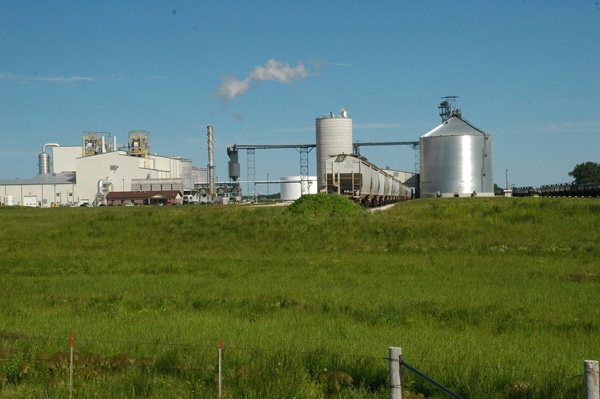July 8, 2019

The Trump administration on Friday (July 5) announced biofuel-blending targets. Under the Environmental Protection Agency proposal, refiners and importers would be required to use 20.04 billion gallons of renewable fuel in 2020, as much as 15 billion gallons could be fulfilled from conventional biofuels, with the remaining 5.04 billion gallons coming from advanced biofuels. The proposed biomass-based diesel quota remains at 2.43 billion gallons for 2021, identical to 2020.
Renewable fuel proponents were not pleased with the announcement.
“We are frustrated the EPA did not account for potential waived gallons going forward in the proposed rule,” said National Corn Growers Association President and Nebraska farmer Lynn Chrisp. “If the EPA continues to grant retroactive waivers, the RVO numbers are meaningless and the EPA is not following the law.”
The EPA has granted 53 RFS exemptions totaling 2.61 billion gallons since early 2018. There are 38 pending petitions.
“As long as EPA continues to dole out compliance exemptions to oil refiners without reallocating the lost volume, the agency may as well start referring to the annual RFS levels as ‘renewable volume suggestions’ rather than ‘renewable volume obligations,” said Geoff Cooper, Renewable Fuels Association president and CEO. “It is a complete misnomer to call these blending volumes ‘obligations’ when EPA’s small refinery bailouts have essentially transformed the RFS into a voluntary program for nearly one-third of the nation’s oil refineries.”
The zero-growth proposal put forth for biodiesel represents another missed opportunity to capitalize producing higher levels of domestic, renewable fuels that enhance energy diversity and security; promoting jobs and value for farmers and rural economies; and helping the environment with reduced emissions, said American Soybean Association President Davie Stephens, a soybean producer from Kentucky.
“The proposal doesn’t reflect the needs and capabilities of the domestic biodiesel and soybean industries and doesn’t seem to reflect President Trump’s stated support and commitment to domestic biofuels and a strong Renewable Fuel Standard,” he said.
About the Author(s)
You May Also Like




